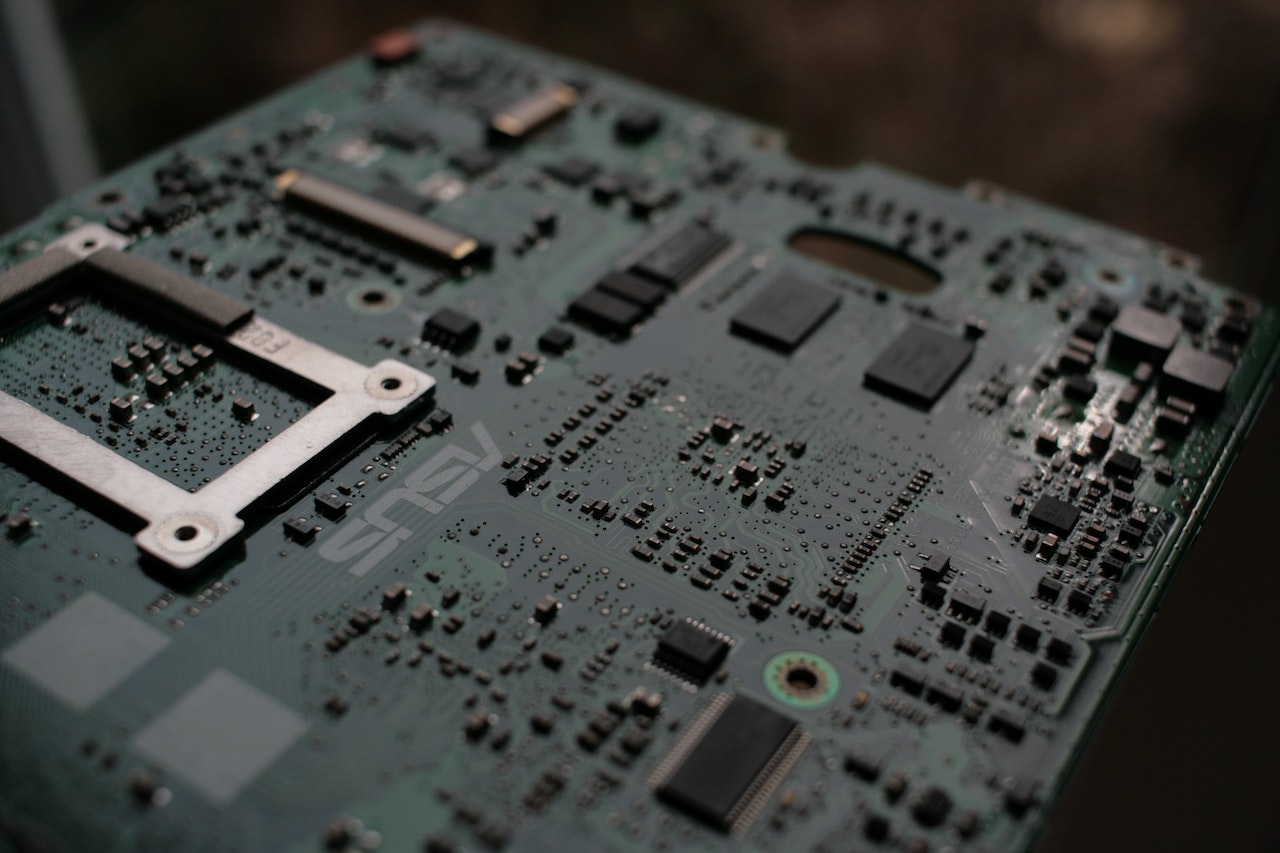Taiwan Semiconductor Manufacturing Co. (TSMC), Asia’s semiconductor giant, finds itself grappling with a substantial loss in stock value, the steepest in the region since mid-June. This downturn, primarily attributed to concerns regarding a persistent weakness in the chip industry, is sparking fears that the worst may not be behind the tech behemoth.
Since reaching its peak in June, TSMC shares have witnessed an alarming descent, plummeting by 11%. This plunge has resulted in a staggering $77 billion reduction in the company’s market capitalization. The primary culprits behind this downward spiral are anxieties over the global macroeconomic climate and subdued demand for consumer electronics on a global scale. Moreover, the escalating volatility skew over recent months, as bearish contracts gain traction among traders, serves as an ominous indicator that TSMC’s stock may endure further declines.
TSMC enjoyed a meteoric rise of 60% in stock value between October of the previous year and June, primarily fueled by the worldwide frenzy surrounding artificial intelligence (AI). However, investor sentiment has grown increasingly cautious about the extent to which AI will contribute to the company’s bottom line, especially without a revival in the smartphone and personal-computer sectors. Even high-end AI chip orders have dwindled at a pace more rapid than anticipated.
For JPMorgan Chase & Co., this spells a protracted recovery for TSMC as it enters 2024, given the softness prevailing across most end markets, including PCs, smartphones, and non-AI services, as noted by analysts such as Gokul Hariharan in a recent report. “With a murky macro outlook, we expect 1H 24 orders to remain sluggish,” the report stated.
Simultaneously, analysts are sounding alarms regarding capital spending. In June, TSMC issued a warning that capital expenditure levels could plummet to the lower end of its guidance, set at $32 to $36 billion for the year. Bloomberg-compiled estimates, on the other hand, hover closer to $30 billion. While capital expenditure cuts are often perceived as prudent cost management measures, analysts contend that these recent reductions signal a more profound pessimism concerning chip demand and apprehensions about a protracted recovery.
Goldman Sachs Group Inc. recently slashed its capital spending forecast for TSMC next year by over 20%, bringing it down to $25 billion, driven by concerns that the chipmaker may postpone its overseas capacity expansion. If realized, this would mark the lowest capital spending since the pandemic’s onset.
Bloomberg data indicates that TSMC’s 12-month earnings estimate has also dwindled by approximately 8% from its October high last year, in stark contrast to the minimal fluctuations observed in a broader gauge of Asia Pacific stocks.
The heart of the matter lies in the earlier optimism surrounding TSMC’s cutting-edge 3-nanometer chip. Initially, this product, which commenced mass production in December, was hailed as a technological breakthrough destined to revolutionize products ranging from Apple Inc.’s iPhones to Nvidia Corp.’s AI generators. However, the promise has encountered roadblocks due to subdued consumer demand. Reports emerged earlier this month that TSMC informed major suppliers of delivery delays. JPMorgan suggests that Nvidia, Advanced Micro Devices Inc., and Qualcomm Inc. might postpone their chip orders until 2025, citing ongoing uncertainties.
“Given the lack of demand recovery to pre-Covid levels amid macroeconomic fragility, we anticipate a protracted path to recovery,” noted Citigroup Inc. analysts, including Laura Chen, in a recent report.
Nevertheless, there are several silver linings for TSMC. Its dominant position in the foundry, or chip manufacturing, sector remains unshaken, maintaining a stable 59% market share in the second quarter. In contrast, its chief rival, Samsung Electronics Co., holds a modest 11% share, according to Counterpoint Technology Market Research.
Analysts continue to shower TSMC with high ratings, with Bloomberg data revealing no “sell” recommendations and an average 12-month price target that sits 24% above its most recent closing price. TSMC’s critical role as a foundry for industry leaders like Nvidia and AMD may spur renewed investor interest, especially if its AI-related business delivers unexpected positive results in the forthcoming third-quarter earnings report.
Nonetheless, until a more comprehensive economic rebound takes shape, market participants may remain on the sidelines. Investor caution is expected to grow concerning prolonged inventory adjustments at TSMC’s customers, as suggested by Kevin Wang, an analyst at Mizuho Securities Asia Ltd. Wang added, “We now expect such adjustments to extend into the first quarter next year, or even the second quarter due to soft end-demand.” The fluctuation in the stock value of TSMC underscores the volatility and uncertainty currently pervading the semiconductor market.
Source: Bloomberg



